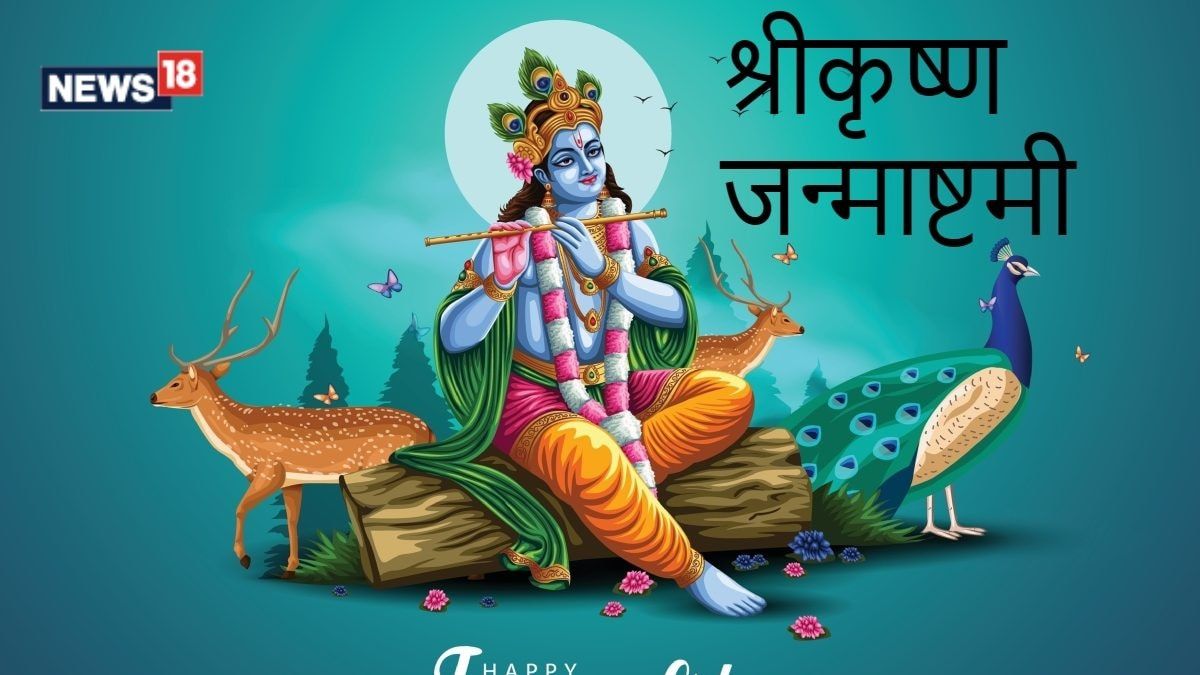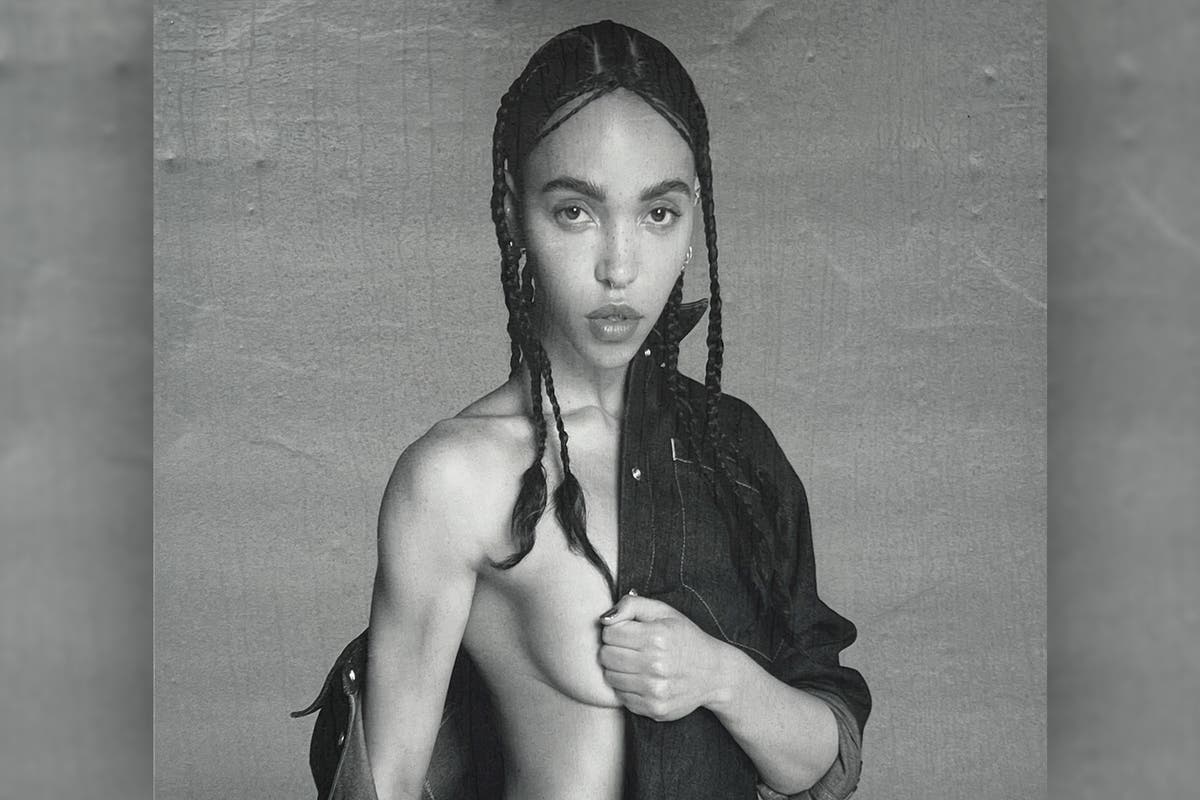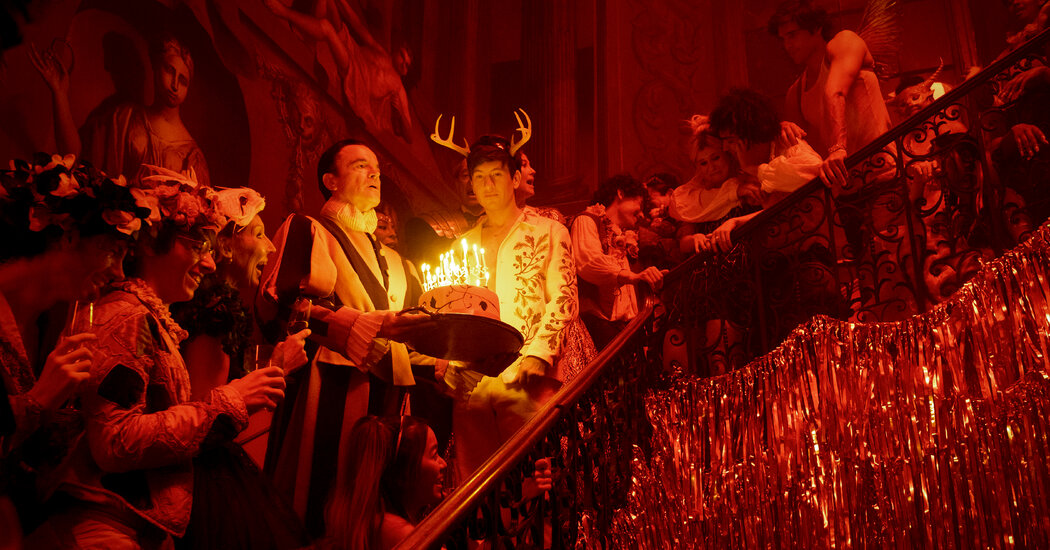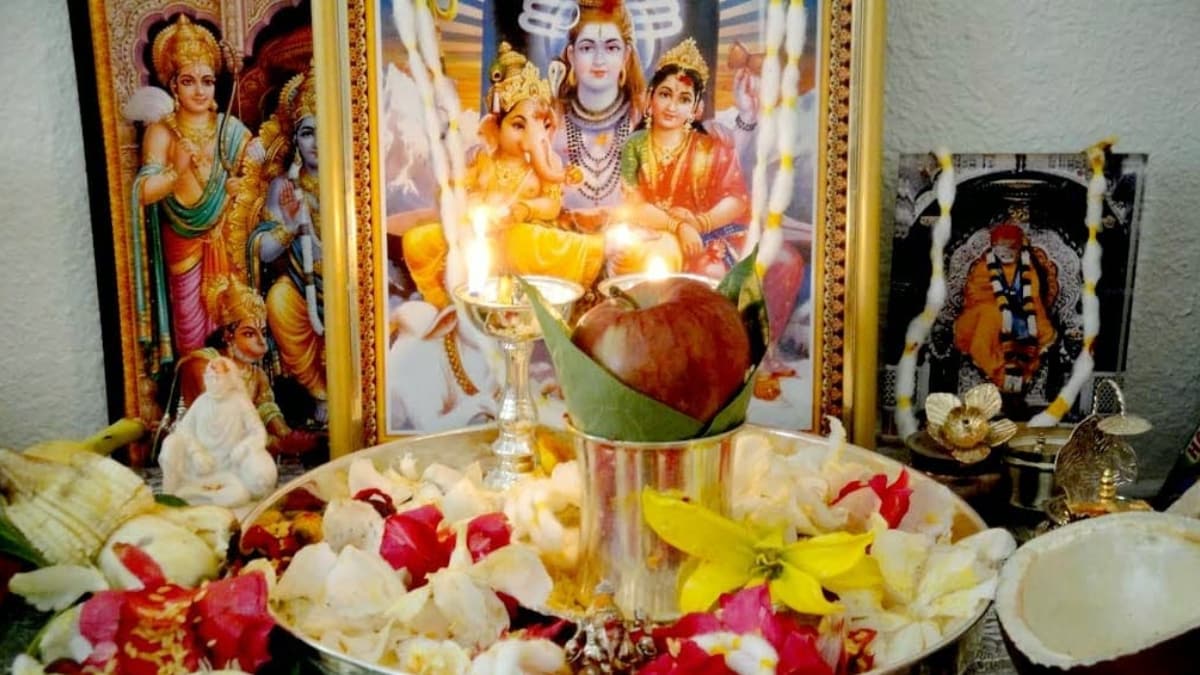Krishna Janmashtami, also known as Janmashtami or Gokulashtami, is one of the most beloved Hindu festivals, celebrated with great devotion across India. This auspicious occasion marks the birth of Lord Krishna, the eighth avatar of Lord Vishnu, and will be celebrated on Monday, August 26 this year. The festival is rich in rituals, stories, and traditions that bring communities together in joyous celebration. Here is a complete guide to this holy day. Read on to check the date, timings, rituals, and significance of the festivities.
Krishna Janmashtami 2024: Date, Timings and Significance
August 26 marks the 5251st birthday of Lord Krishna. The festival, celebrated on the eighth day (Ashtami) of the dark fortnight of the month of Bhadrapada according to the Hindu lunar calendar, lasts for two days.
The first day is celebrated by the followers of the Smarta Sampradaya, while the second day is for those following the Vaishnava Sampradaya.
This two-day celebration allows different communities across India to honor their unique traditions as they mark this special occasion.
Krishna is believed to have been born on Ashtami Tithi during Krishna Paksha, the waning phase of the moon in the month of Bhadrapada. However, this festival is more than just a joyous occasion; it is a profound spiritual event that brings people together to celebrate.
It serves as a reminder of Krishna's teachings from the Bhagavad Gita, inspiring us to lead lives of righteousness and devotion.
Krishna Janmashtami 2024: Timings
- Krishna Janmashtami Date: Monday, August 26, 2024
- Ashtami Tithi starts: 03:39 am, 26th August 2024
- Ashtami Tithi ends: 2:19 am, August 27, 2024
- Nakshatra of Rohini starts at 3:55 PM, 26th August 2024
- Rohini Nakshatra ends: 03:38 pm, 27th August 2024.
- Dahi Handi: Tuesday, August 27, 2024
- Paraná Time: after 12:45 am on August 27, 2024
- Moonrise time: August 26, 2024, at 11:07 p.m.
Krishna Janmashtami 2024: When to start and end fasting?
On the day before Krishna Janmashtami, devotees usually observe a one-meal fast. On the day of Janmashtami itself, the fast officially begins after performing the morning rituals. At that time, a formal declaration of intention (Sankalpa) is made to mark the beginning of the fast.
The fast traditionally ends with the arrival of Ashtami Tithi, the eighth lunar day, and Rohini Nakshatra, the star constellation. However, some devotees may choose to end their fast on any of these auspicious days.
- Krishna Janmashtami 2024: Shubh Muhurat and Puja Times
- Brahma Muhurta: 04:27 am to 05:12 am
- Abhijit: 11:57 am to 12:48 pm
- Godhuli Muhurat: 18:49 to 19:11
- Amrit Kalam: 13:36 to 15:09
- Sarvartha Siddhi Yoga: 15:55 to 05:57, August 27
- Pratah Sandhya: 04:50 am to 05:56 am
- Vijaya Muhurta: 14:31 to 15:23
- Sayahna Sandhya: 18:49 to 19:56
- Nishita Muhurta: 12:01 am, August 27 to 12:45 am, August 27
According to the Vedic calendar, Nishita Kaal, which will begin at 12:01 on August 27, 2024, is the most fortunate time for Krishna Puja.
Krishna Janmashtami 2024: Fasting Rituals and Importance
On Krishna Janmashtami, devotees observe a fast from dawn to midnight, which is believed to be the time of Krishna's birth. Some may opt for a partial fast or follow a vrat avoiding specific foods.
The day begins with a special puja dedicated to Lord Krishna, which includes performance of aarti, offering of flowers and presentation of Krishna's favorite foods such as sweets and butter.
Devotees also recite verses from the Bhagavad Gita, reflecting on the life and teachings of Krishna. Homes and temples are decorated with flowers, rangolis and images or idols of Krishna.
The celebration usually includes bhajans (devotional songs) and kirtans (chant songs) in praise of Krishna, accompanied by dancing. Story-telling sessions about Krishna's birth, his joyous childhood and his role in the Mahabharata further enrich the spiritual atmosphere.
Why is Janmashtami celebrated? The legend of the birth of Lord Krishna
According to ancient Hindu scriptures, Lord Krishna is believed to have been born at midnight in a prison in Mathura, Uttar Pradesh, on the night of Krishna Janmashtami. Krishna, revered for his divine qualities, was born to Queen Devaki and King Vasudeva.
His birth was shrouded in danger, as Devaki's brother Kansa, a tyrant who had usurped the throne of Mathura, was prompted by a prophecy that foretold his death at the hands of Devaki's eighth son.
Paranoid and desperate to prevent this, Kansa imprisoned his sister and her husband, killing each of their newborns immediately after birth.
It is said that on the night of Krishna's birth, a divine light illuminated the prison and a heavenly voice ordered Vasudeva to protect his newborn son.
Following these divine instructions, Vasudeva carried Krishna across the treacherous river Yamuna, guided by the serpent deity Shesh Naag.
Upon reaching Gokul, he entrusted Krishna to Nandraja and Yashoda, exchanging him for his own newborn daughter.
Upon returning to prison, Kansa attempted to kill the daughter, but she transformed into the goddess Durga and warned him of his impending fate.
Krishna was raised in Gokul by Nandraja and Yashoda, and as he grew up, he fulfilled the prophecy by returning to Mathura to defeat Kansa and restore peace to the kingdom.
















